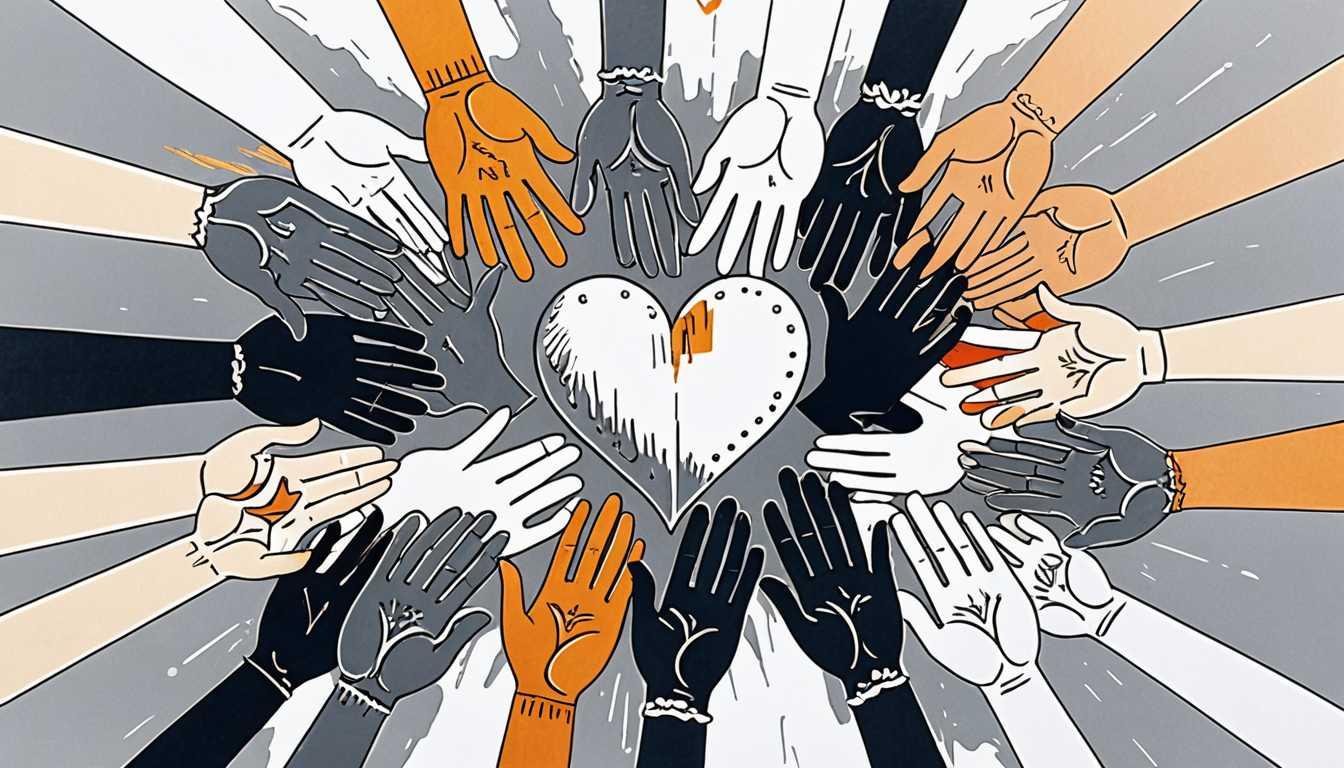Rural vs. Urban: A Surprising Divide!
June 2024
Cornell News Highlights
Introduction
Hey there, curious minds! Dive into the eye-opening article "CellImage," where you’ll uncover the surprising rural-urban divide among white Americans. This piece unpacks how geography affects social dynamics in ways you might never have imagined. From quirky statistics to thought-provoking insights, it’s a read that promises to spark your curiosity and maybe even a chuckle. So grab your favorite snack, and get ready to explore how where you live can shape who you are!
READ FULL ARTICLEWhy It Matters
Discover how this topic shapes your world and future
Bridging the Divide in America’s Political Landscape
Understanding the growing divide between rural and urban voters in America is crucial for grasping how our democracy functions today. Over the past few decades, the political preferences of these two groups have split significantly, affecting everything from local policies to national elections. But here’s the twist - this divide isn’t as widespread among Black and Latino voters. Instead, their political behavior remains surprisingly consistent, regardless of whether they live in cities or the countryside. This is not just a matter of academic interest, it has real implications for how different communities are represented and how their voices are heard in the political arena. Exploring these dynamics can help you understand the complexities of identity and political affiliation, making this topic not only relevant but vital to the future of democracy in the U.S.
Speak like a Scholar
Political Landscape
The overall environment of political opinions and activities in a certain area, which can change over time based on various factors like demographics and social issues.
Demographics
Statistical data about the characteristics of a population, such as age, race, income, or education, that can help us understand social patterns and trends.
Racial and Ethnic Identity
How individuals perceive themselves and are perceived by others based on their race or ethnicity, which can influence their beliefs and behaviors, especially in politics.
Linked Fate
A concept suggesting that people believe their individual success is tied to the success of their racial or ethnic group, impacting their political choices and affiliations.
Political Representation
The extent to which individuals or groups have their interests and opinions voiced and considered in political decision-making processes.
Survey Analysis
A method of collecting and interpreting data from questionnaires to understand people's opinions or behaviors on a particular topic.
Independent Research Ideas
The Role of Race in Political Behavior
Investigate how race influences voting trends in different communities and what this means for future elections. This can reveal important insights into the relationship between identity and political choice.
Urban vs. Rural Perspectives on Climate Change
Explore how urban and rural communities perceive climate change and its policies, and how these views shape local and national debates.
Media Influence on Political Division
Examine how social media and news outlets contribute to the rural-urban political divide, focusing on the role of misinformation. This could unveil how media shapes public opinion and political polarization.
Youth Engagement in Politics
Study the political engagement of young people in rural versus urban settings to see how different environments impact their involvement and activism. This can help understand the future of political participation.
Comparative Analysis of Political Parties
Analyze how the two major political parties address the needs and concerns of nonwhite rural voters compared to their urban counterparts. This research could reveal gaps in representation and party strategies.
Related Articles

Who’s the Good Influencer? A Global Survey!
June 2024
King's College London - News

Divided We Stand: Unraveling Zero-Sum Politics
March 2024
Harvard University

Polygamy's Persistence: Unveiling Bamako
April 2023
Lehigh University

Colonial Shadows: Africa's Corruption Legacy
October 2020
London School of Economics (LSE)

Bridging Divides: A Path to Democracy
October 2024
UC Berkeley NewsCenter